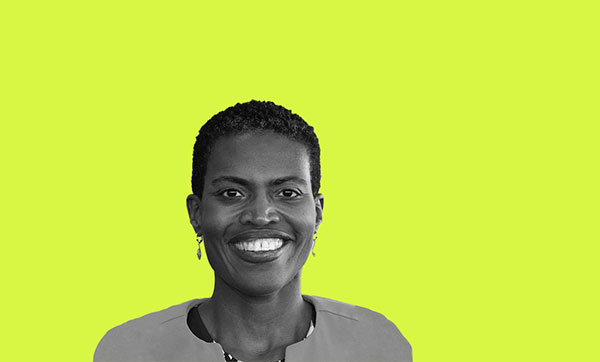Ruqaiijah Yearby Talks Racial Equity, Health, and Where to Go from Here.
Ahead of the public health conversation, "The Next Normal: Civil Liberties and Health," Public Health Post sat down with Ruqaiijah Yearby, a Professor of Law and member of the Center for Health Law Studies at Saint Louis University School of Law.

Ruqaiijah Yearby Talks Racial Equity, Health and Where to Go from Here
Ahead of the public health conversation, “The Next Normal: Civil Liberties and Health,” Public Health Post sat down with Ruqaiijah Yearby, a Professor of Law and member of the Center for Health Law Studies at Saint Louis University School of Law. She specializes in racial disparities within health care, the political economy of health care, and social justice in medical research. Yearby is also a co-founder and executive director of the Institute for Healing Justice and Equity.
Public Health Post: How do you think that the COVID-19 pandemic has improved the nation’s awareness of health inequities?
Ruqaiijah Yearby: The pandemic made it clear that racial, and ethnic minorities, people with disabilities, and the elderly are vulnerable, and don’t have equal, or equitable access to healthcare.
What do you think is missing from broader conversations about health and racial equity?
There are things outside of a person’s control that are tied to these health inequities; these are structural inequities. We say, “isolate and wash your hands,” but sometimes people don’t have access to clean running water or the space to quarantine themselves alone. In public health, we often assume that people understand the social determinants of health, which are the social factors that contribute to or limit the person’s ability to be healthy. And usually they are out of the individual’s control.
What are a few key steps that we can take to improve those conversations and make people aware of the underlying causes of health inequities?
We begin by centering and amplifying the voices of those most impacted; that is the key of healing justice. I think that we have given too much power and focus to economic endeavors. We need to shift our view of economics from discussions about the heads of corporations that make millions to all of the workers that contributed to that profit. There are plenty of companies with extraordinary profits whose workers have been sick and suffering and died.
In Racism is a Public Health Crisis: Here’s How to Respond, your team writes, “Racism will not be addressed without healing.” What are immediate steps that we can take to promote that healing?
First, we need to acknowledge the truth that harm has been done. Whether intentionally or unintentionally harm has been done and will continue to be done if we keep prioritizing economics over the needs of people. We also need to listen to those who have been harmed and support their needs.
What do you think will be the evidence that racial equity and justice is improving in the United States?
When we acknowledge and encourage teaching the truth about all people. That means including Black people, Native Americans, Asian Americans, women, LGBTQIA people, the disabled and every other group of people in our history. The evidence will be when we stop hiding the harm that has been done, acknowledge it, and work to support those people. We also need what some people would call “reparations.” That makes it sound like a one-time pay out. The people who have suffered the most harm need economic and political support.
Yearby will be a part of the virtual public health conversation, “The Next Normal: Civil Liberties and Health,” on October 21, 2021 at 4:30 p.m. Register here.